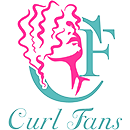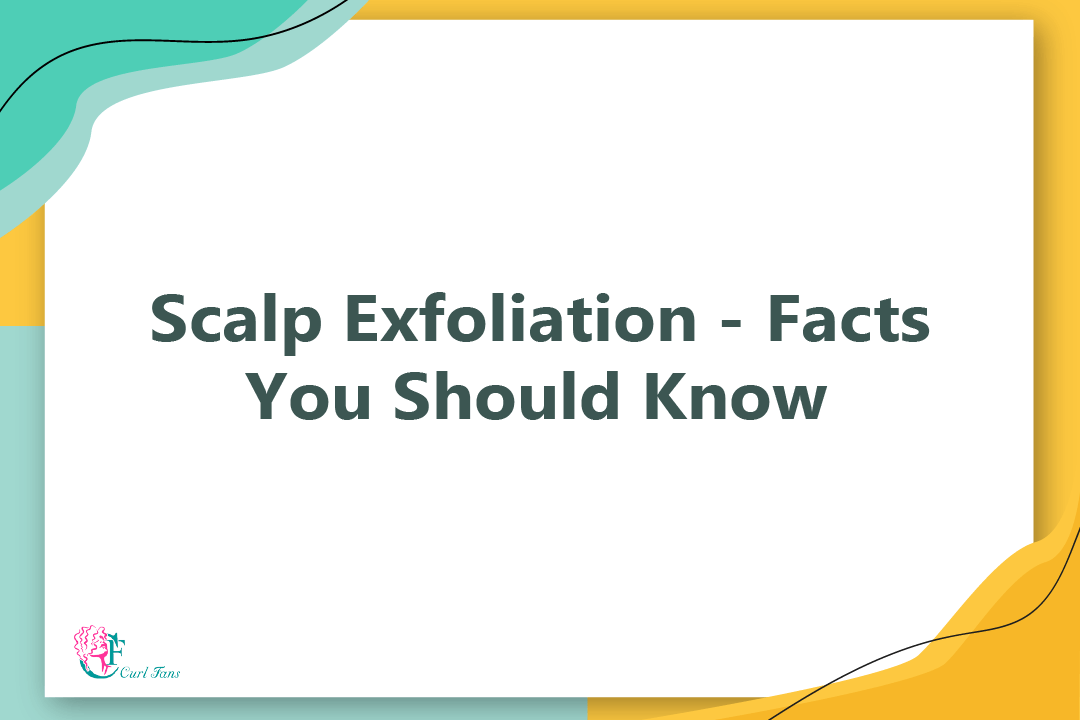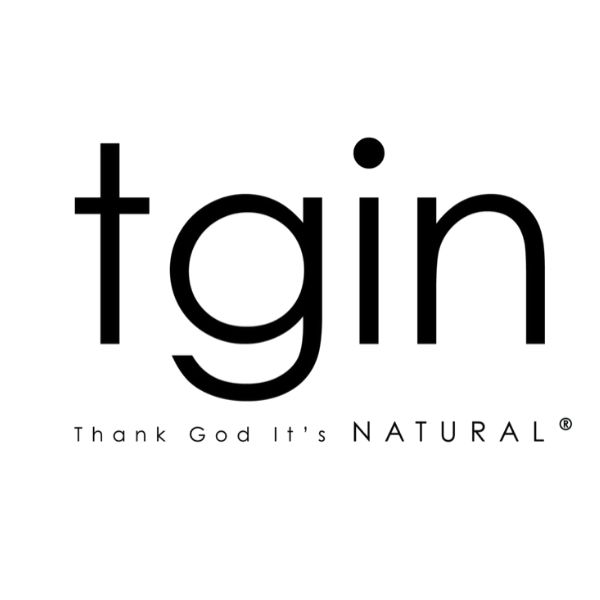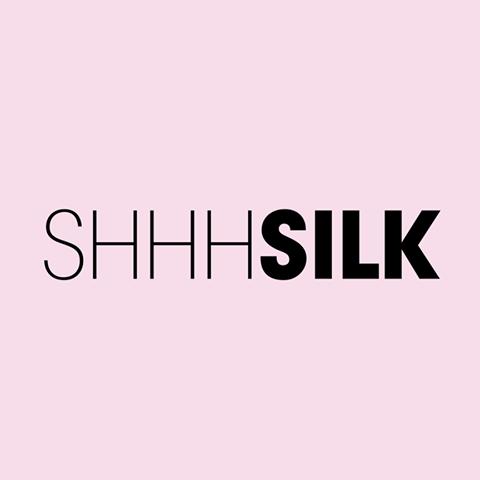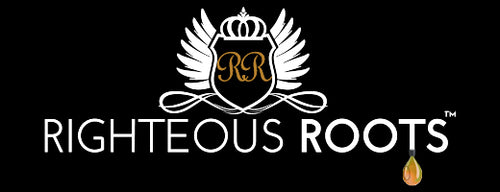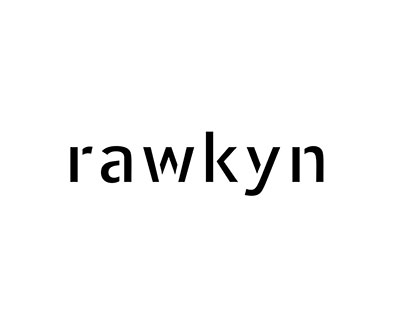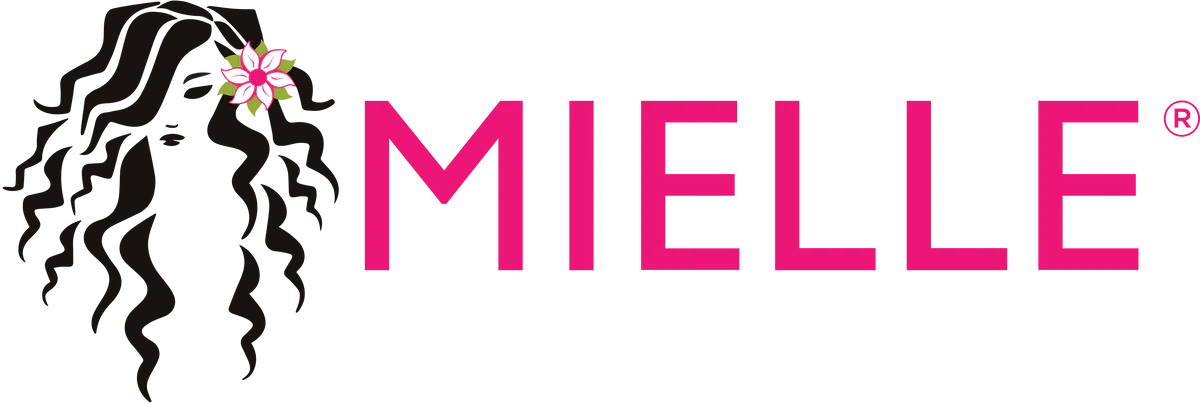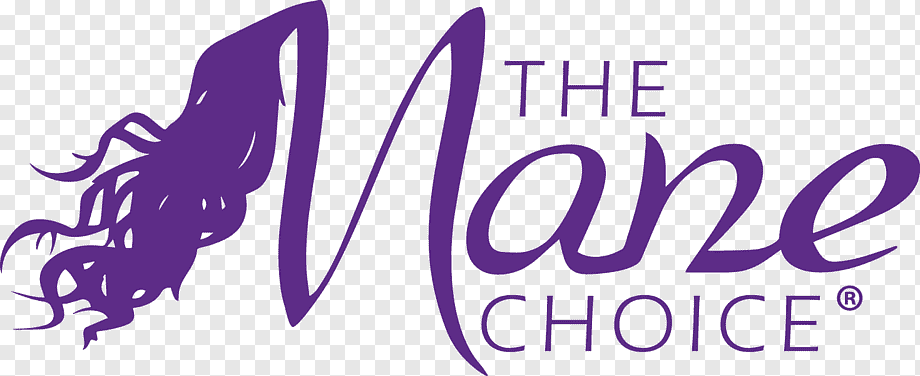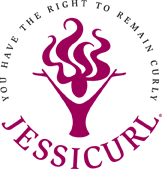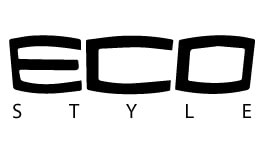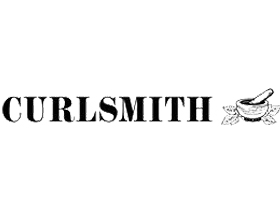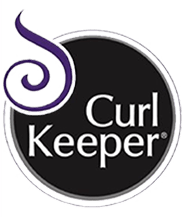It is imperative to regularly cleanse and care for your scalp, just as you do your face and body. Scalp Exfoliation is essential for a healthy and beautiful hair care routine. Sebaceous glands are located on the scalp and secrete sebum, making the hair shiny and moisturized. Excess sebum and dead skin cells can lead to clog pores and interfere with the normal functioning of hair follicles. These problems can lead to scalp inflammation, dandruff, and hair loss. To maintain a healthy scalp and hair, it is not enough to regularly wash your hair with shampoo, but it is also necessary to exfoliate your scalp.
What Is Scalp Exfoliation?
Naturally, the skin replaces dead skin cells with new skin cells, and exfoliation can intervene in this process and make it easier for the skin. Scalp exfoliation involves using physical or chemical exfoliants to remove excess skin cells, sebum, product buildup, and dandruff. Dermatologists believe that scalp exfoliation can lead skin, especially scalp skin, to a healthier and better condition; for example, the scalp and oil gland will operate and revitalize more efficiently after removing the product buildup.
What Are The Benefits Of Scalp Exfoliation?
1. It Relieves Dryness And Dandruff
Generally, exfoliants and scalp scrubs can effectively tackle dandruff, eczema, and a dry scalp. Scalp exfoliation loosens up the flakes, wash out dead skin cells, and keeps dandruff at bay. Exfoliation improves the function of sebaceous glands, keeping the scalp and hair hydrated and healthy. Sebum creates a protective layer on the scalp and provides vital moisture to the hair. This sebum secretion caused by exfoliation helps keep our hair dandruff-free and prevents a dry scalp. If you want to learn more about dandruff and ways to cure it, check this blog Scalp Dandruff: Home Remedies To Treat It.
2. It Removes Both Product And Natural Buildup
One of the most significant and most notable benefits of scalp exfoliation is its ability to remove product buildup effectively. You can compare the importance of removing deposits from hair styling products to removing makeup from your face. Exfoliating your scalp prevents product buildup, dead skin cells, sebum, and impurities from clogging your pores, enhancing follicle functions. Also, If you use many hair styling products, you may find that they cling to your hair and scalp. The residue can make your hair look dull, greasy, limp, and heavy. You may notice flakes or grease on your skin due to buildup on your scalp. In some cases, it can affect hair growth by blocking hair follicles. Exfoliation removes product buildup such as hair spray, gel, and other styling products.
3. It Promotes Hair Growth
Excessive accumulations of dead skin cells and hair product residue compromise the normal functioning of follicles and interfere with hair growth. Using a scalp exfoliator consistently and removing the debris from your scalp can create a healthy environment for hair to grow and support hair follicles’ proper functioning, causing loose strands to shed and making the appropriate environment for healthy hair growth. By removing dead skin cells on the scalp, you’re lowering the enzyme population that contributes to the natural shed rate. Removing dead skin cells also encourages cellular turnover on your scalp, allowing healthy new cells to surface.
4. It Improves The Quality Of blood Circulation In The Scalp
Physical exfoliation and scalp massage stimulate blood flow and revitalize the scalp. You can massage the scalp with your fingertips during the exfoliation process or use a massage brush and scalp scrubbing products. As a result of better circulation, more oxygen and nutrients reach the hair follicles, creating a healthier environment for hair growth.
5. It Enhances The effectiveness Of Other Hair Care Products
Haircare products won’t perform as well when the scalp is clogged up with buildup. Several things prevent the strands and scalp from being penetrated. The exfoliation of the scalp can also help other products penetrate the scalp thus; consequently, the effectiveness of those products increases. If you’re not getting results from a new hair mask or serum, try a scalp scrub first, then apply the product. Exfoliation will indeed produce results.
What’s The Difference Between Physical And Chemical Exfoliation?
Chemical and physical exfoliants have the above benefits, but they do so differently. Physical exfoliants are what most people imagine when they think about exfoliating scrubs. These are usually coarser and thicker because they typically contain salt, sugar, or beads.
Physical exfoliants require manual assistance after application, such as rubbing gently with fingers in a circular motion or using abrasive tools and gently massaging them into the scalp.
Chemical exfoliants function differently. They often contain hydroxy acids (salicylic acid, glycolic acid, lactic acid) or retinoids. Unlike their physical counterparts, chemical scalp scrubs do not require much effort. A chemical scalp scrub only requires application, and the product itself does work to remove dead skin.
Choosing which one will work best for you is a matter of personal preference. Each method also has its own set of advantages and disadvantages. With physical exfoliants, you are more likely to scrub too hard and cause skin irritation and hair breakage. With chemical exfoliants, you have to wait longer for the product to work, and you are at a much higher risk of reacting to the product. It’s better to gently try both methods separately to figure out what’s best for you. It is also important not to expose your scalp to direct sunlight after exfoliating. If you need to go outdoors, make sure you wear a hat or spray an SPF formulated for your scalp and hair.
How Often Should I Do Scalp Exfoliation?
Your lifestyle will determine how often you need to exfoliate your scalp. While you can massage your scalp daily, you should not exfoliate your scalp more than once or twice every 10 to 14 days. Too much exfoliation can make the scalp sensitive and cause it to produce too much oil.
If you have found this method beneficial for your hair, please share them in the comments. This can be very useful for those who have your hair type. How often do you exfoliate your scalp? Do you use Physical Exfoliation or Chemical Exfoliation? Share your experience with us in the comments.
